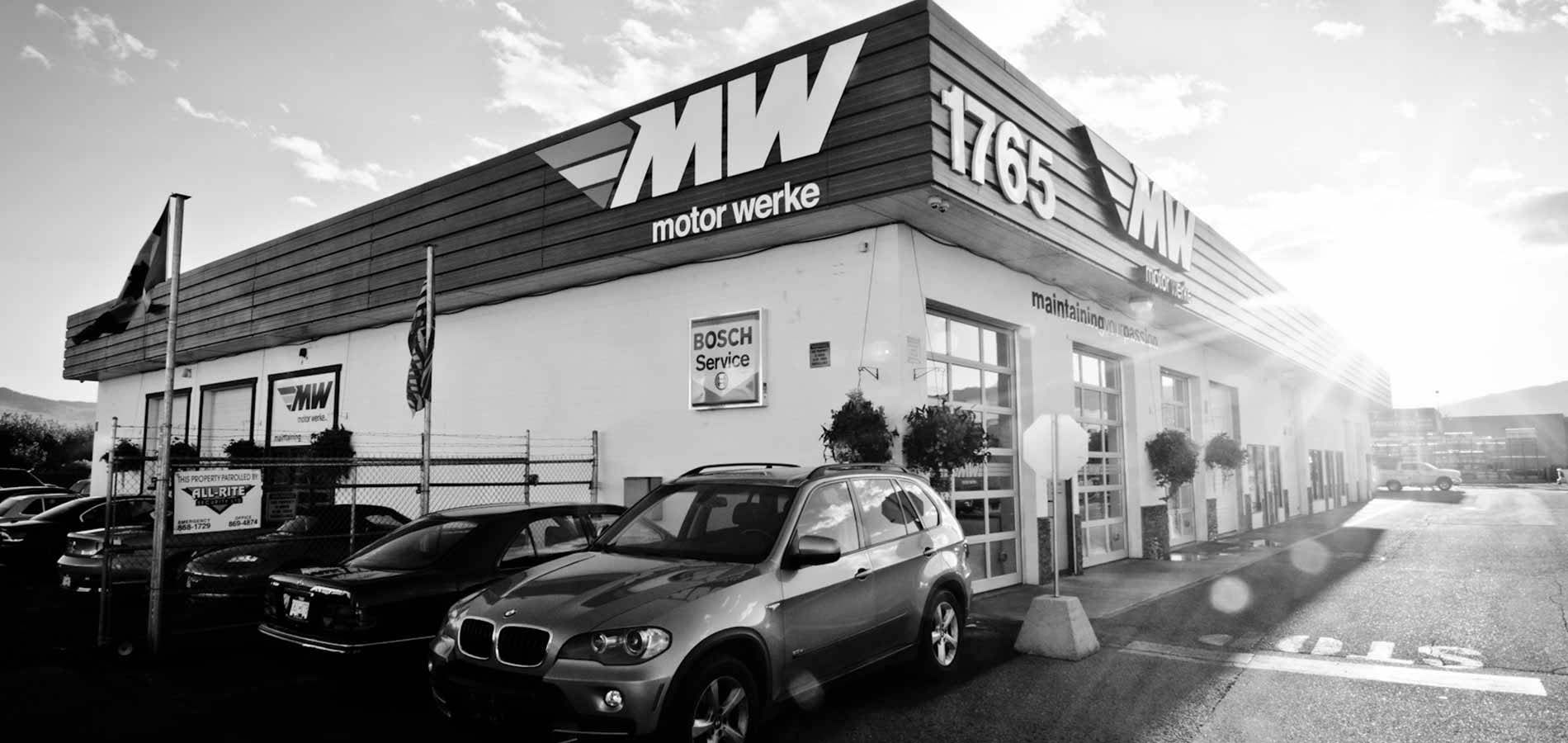Engine Oil 101
Where there’s oil…
Every time you start your engine, the oil pump pushes oil from the sump through the filter and out to the pistons, crankshaft, camshaft and rocker arms, keeping them lubricated. Oil cools your engine, lessens friction, and picks up dust and debris along the way.
Oil Service Intervals
Oil services are necessary to prolong the life of your car. Years ago people were told to change their oil every 5,000 km. With today’s new engines, that is no longer the case. When to change the oil varies, depending on who you speak to.
Winter Weight
The W noted in oil weight designations, ie: 5W30, stands for “winter”, not “weight”, as is commonly believed. Numbers before W represent viscosity of oil at 0°F and the number after is viscosity at 212°F. 5W30 oil has less viscosity when cold and hot than does a 10W40. The more resistant the oil is to thinning, the higher the second number.
The Scoop on Synthetics
Low-grade motor oils are manufactured from petroleum-based crude oil. Low-grade oils are blended and contain higher levels of mineral oils. Because of high mineral oil content, petroleum-based oils degrade quickly due to the heat and pressure inside the engine. The chemical composition changes rapidly with engine operation and it doesn’t take very long before petroleum-based oils are unable to protect your engine.
High-grade synthetic motor oils have a higher tolerance to heat and aging. They are custom designed to surpass limits of low-grade oils as they are blended primarily using Ester Synthetic Oils which have a much broader temperature spectrum that will continuously protect the engine. Synthetic oil doesn’t have chemicals that break down at high temperatures and is manufactured without many of the chemicals that contribute to oil oxidation and sludge buildup. As an added bonus, these oils have detergents that keep the inside of your engine clean.
Motor Werke uses LIQUIMOLY motor oil, which produces vehicle manufacturer approved motor oils for use in your specific vehicle. Our most commonly used oil is the Leichtlauf High Tech 5W40, a modern top class low-friction engine oil for all-season use in gasoline and diesel engines without diesel particulate filters. The combination of innovative base oils and the latest additive technology – guarantees an engine oil that reduces oil and fuel consumption and that ensures fast lubrication of the engine. Depending on the manufacturer instructions, oil change intervals of up to 40,000 km are possible. Motor Werke also stocks LIQUI MOLY motor oil for gasoline as well as diesel-fueled vehicles with particulate filters (Top Tec 4200 5W30) and a high performance racing motor oil (Synthoil Race Tech GT1 10W60).
The on-going myth of synthetic oils is that they can be run in your engine for longer periods of time or longer distances. This is not true; it’s not about the oil breaking down, it’s about the contaminants in the oil. Byproducts of the combustion process (ie, excess fuel, moisture, carbon) and contaminants that by-pass the rings, meaning they go from the combustion chamber down into the oil sump, those contaminants continuously get recirculated through the engine and create more wear in the engine, internally. When you have carbon, fuel, and moisture circulating through your engine with the oil, the oil will no longer be able to protect components as if it were just clean, fresh oil. Therefore, changing your oil every 10,000 km, rather than every 25,000 or 30,000 km as most dealerships recommend under their scheduled maintenance plans, you save yourself a lot of money in the long term on engine repairs. Our philosophy for our clients is to take a preventative perspective; change your oil every 10,000 km (or, even better, every 8,000 km). We would rather see clients perform regular oil services than be presented with a high-cost engine repair.
What’s in your Oil?
Synthetic oils commonly contain additive packages. For example, ZDDP (zinc), is a polar molecule. It has the ability to attract to carbon steel surfaces where it reacts under heat and load to create a protective film. This coating prevents metal-to-metal contact which reduces wear. Engines with multiple timing chains, 4 camshafts and 4 valves per cylinder combined with poor surface finishes (like the Porsche M96 engine, for example) benefit greatly from this type of additive.
Motor Werke tests used motor oil through AGAT Laboratories. Oil analysis through AGAT includes testing to monitor the rates of wear, contaminants, and additives in used engine oil. Analysis has several benefits that help to determine maintenance strategies, filter quality, and efficiency; however, the most important is the benefit of being able to asses the contents of the used engine oil providing insight into areas of possible internal wear in your engine.
For example:
- Detection of silicon at levels above 25 ppm (parts per million), point to the air intake system needing to be inspected.
- Evidence of zinc, copper, or boron gives you an indication of bearing failure; evidence of metals used in any other engine components point to an early failure and help us to diagnose early what part of your internal engine is starting to wear. From that point, we would adjust your maintenance needs or perhaps include an additive that would prevent future wear.
Selecting the right oil for your engine is more than just noting the weight and matching it to your vehicle’s specs. Putting oil into an engine without knowing the blend that it contains is like building a sandwich of “mystery meat” and wondering why, later, your stomach aches and is distended. Treat your vehicle like your body; educate yourself about what goes inside it and understand that quality equals optimum performance, health, and longevity.
If you suspect your vehicle has been fed “mystery meat”, ask us about an engine oil analysis; it’s one of the many ways we help with maintaining your passion.

